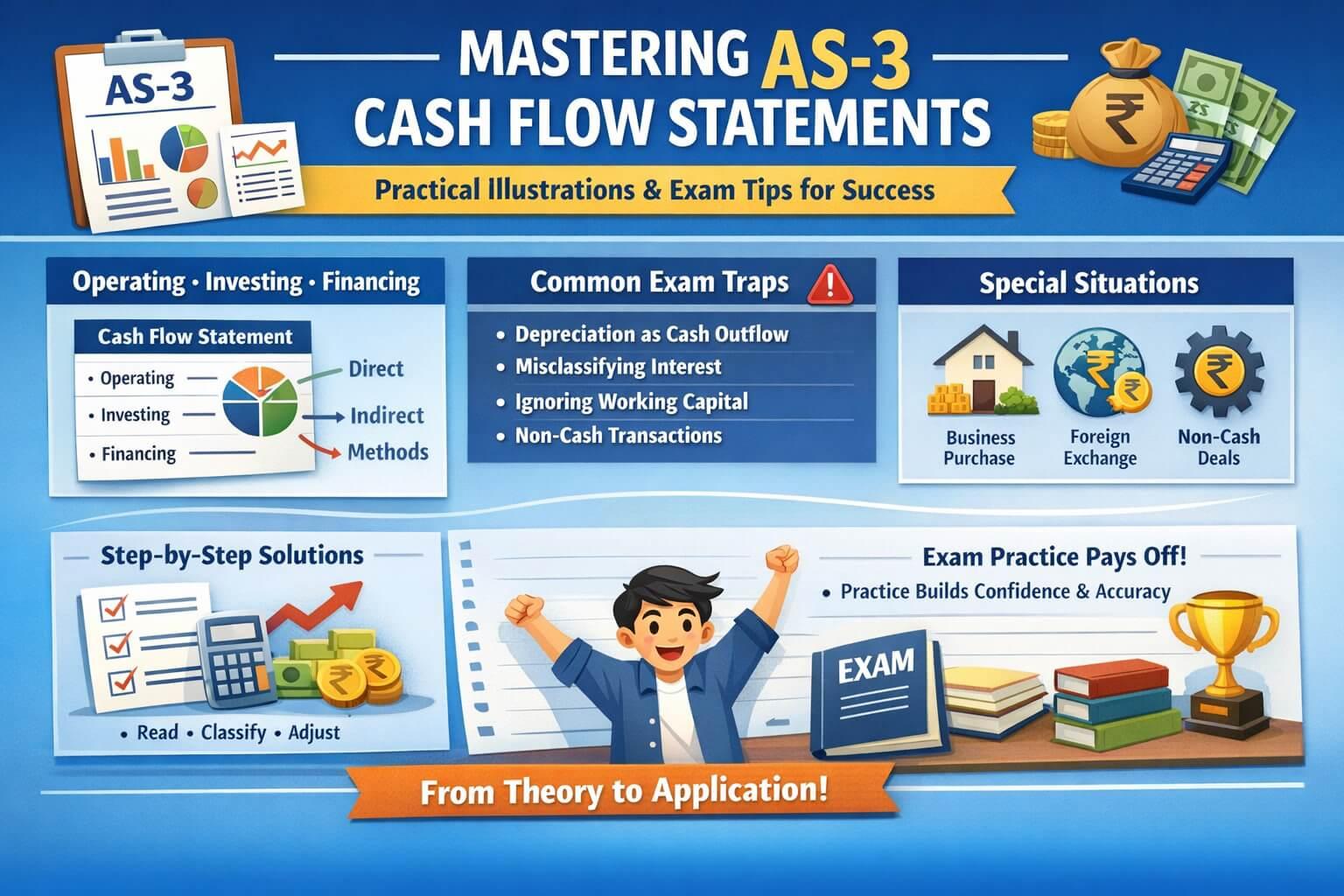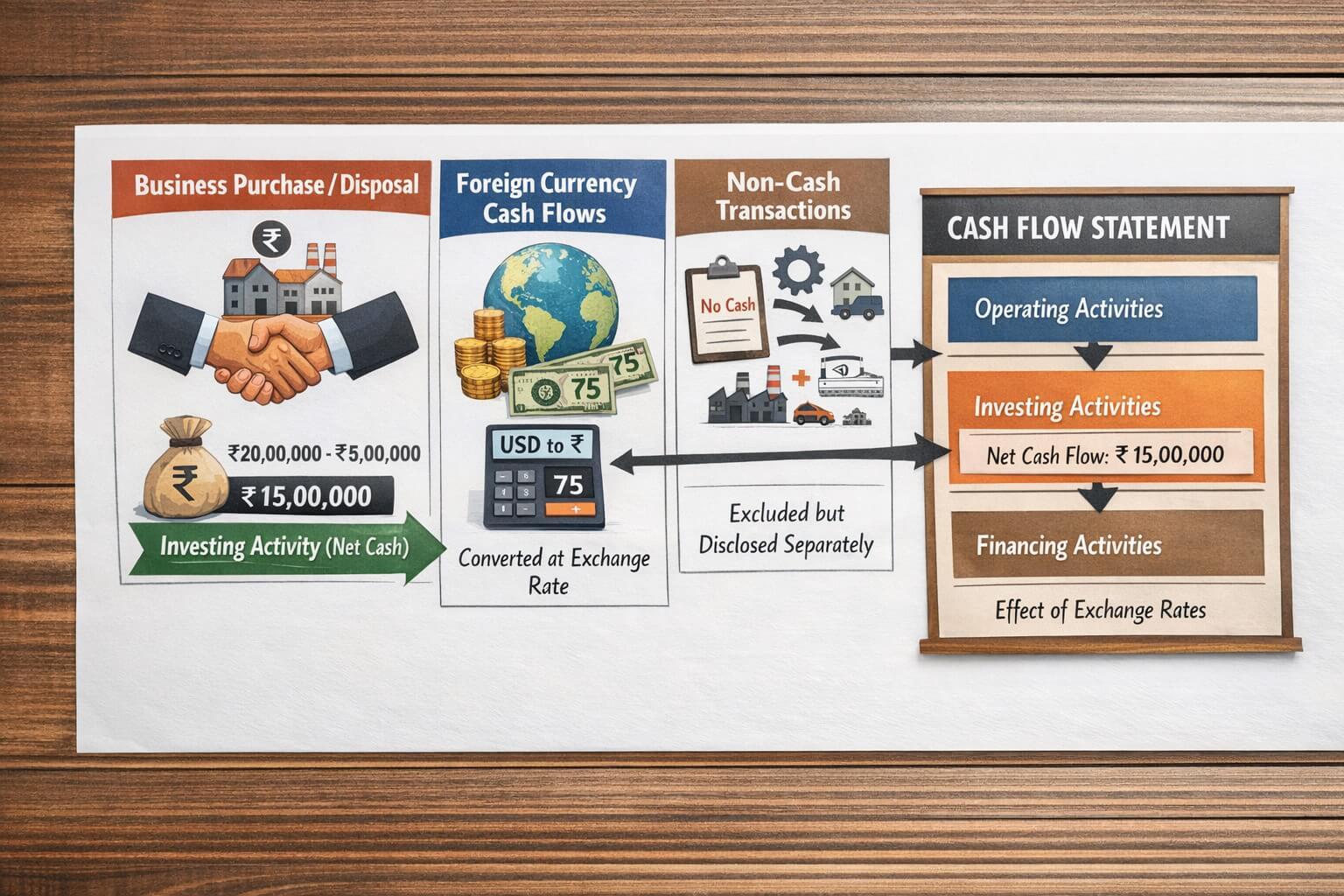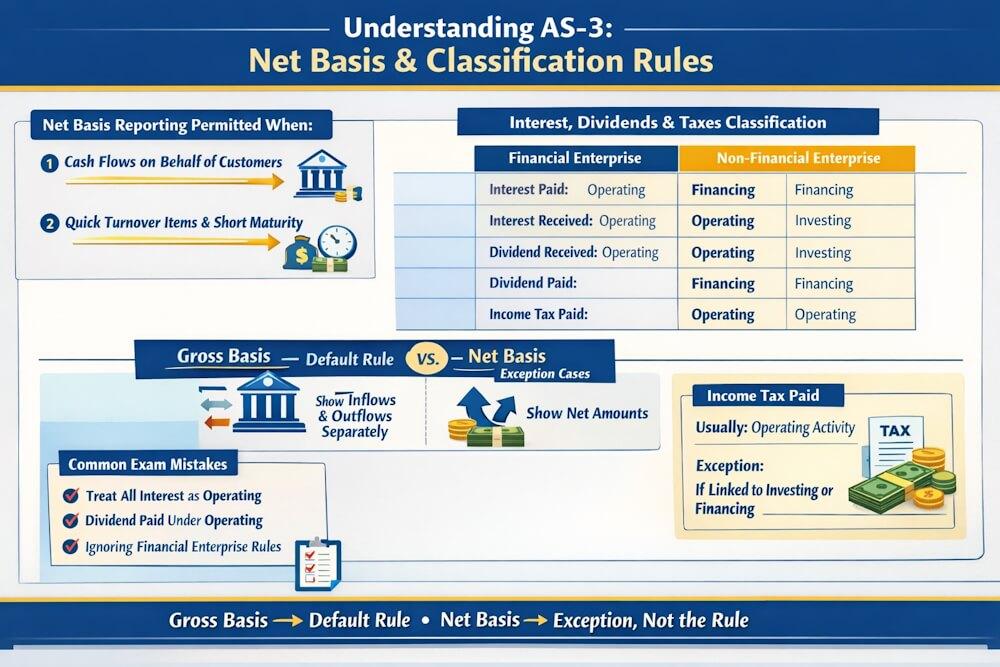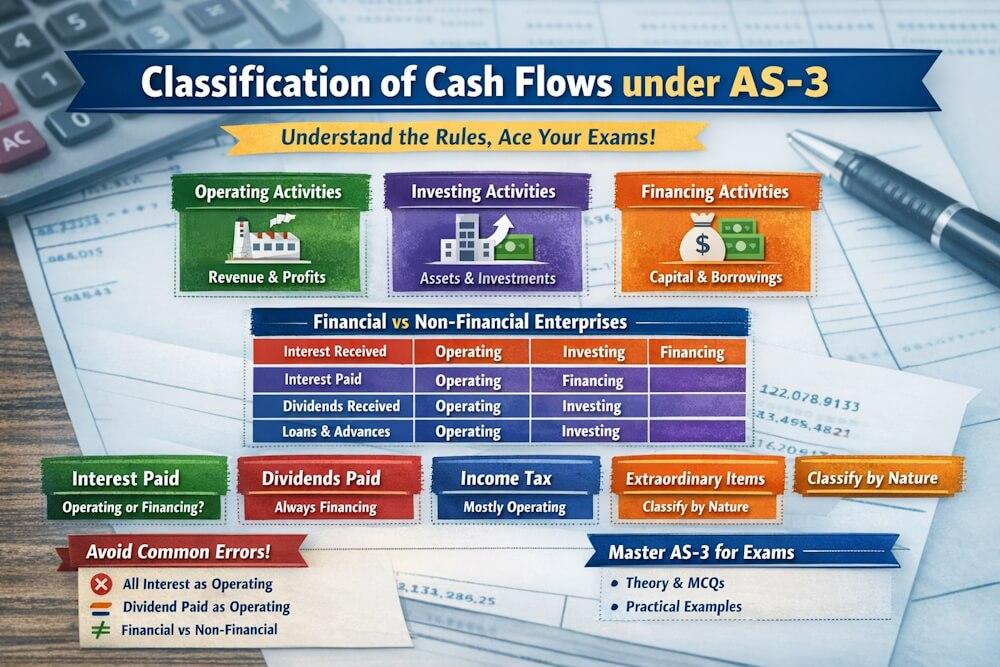Let’s talk about technical skills in HR. Not the fluffy stuff, but the real, hands-on, day-to-day things HR folks actually deal with.
It’s easy to think HR is just hiring, onboarding, and sending out emails about company policy changes—but that’s only a part of it. These days, HR is super tech-heavy. Whether it’s tracking applications, handling payroll, or chatting with remote teams, HR people have to be a bit of a tech nerd too (whether they like it or not).
Why Tech Skills Matter in HR Now More Than Ever
Let’s be honest—HR isn’t what it used to be. A decade ago, you could probably get by with decent people skills and a solid memory. Now? You’re expected to juggle multiple platforms, keep up with new systems, and maybe even troubleshoot the occasional tech hiccup—without waiting hours for IT.
The workplace is getting more digital by the day, and the new generation of employees? They're already tech-savvy. So if you’re not keeping up, you’re falling behind. Seriously.
It’s Not Just About Tools—It’s About Mindset
Sure, you can take a course on how to use an HR app or master Excel formulas—but if you hate learning new systems or refuse to experiment, it won’t help much.
The trick is being open to it. Mess around with tools. Break stuff (not literally, but test things). Play with features. That’s how you get good—not by just reading manuals.
And hey, bonus: when you get better at the tech side, people across the company start coming to you with questions. Suddenly, you're not just HR—you’re HR with superpowers.
Tech Skills That’ll Actually Help You
Here’s a quick and dirty list of technical skills that’ll make your HR life easier. No fluff—just what’s useful:
1. Word Docs & Spreadsheets
Yes, still relevant. Word processors and spreadsheets are boring but essential. Learn the good stuff—like how to do mail merges, use templates, or insert tables properly.
And for Excel or Google Sheets? Learn formulas, conditional formatting, filters… maybe even pivot tables. Saves you hours.
2. Macros (Trust Me, Worth Learning)
Macros are like little robots that do repetitive tasks for you. They’re not beginner-friendly, but if you take the time to learn them in Office or Google tools, they can do wonders.
Need to send a report every week? Macro. Want to auto-fill letters for 30 employees? Macro.
3. Speak the Tech Language
People throw around terms like “SaaS,” “cloud,” “SQL,” “SFTP,” and “AD.” You don’t need to be a programmer, but it’s helpful to at least know what these mean. That way, when IT talks, you don’t just nod and pretend.
4. Social Media Basics for Hiring
If you’re doing any recruiting, you have to know how LinkedIn, Instagram, and even Facebook work.
It’s not just about posting jobs. It's knowing when to post, using keywords that people search for (that’s SEO, by the way), and making sure your image doesn’t look like a broken rectangle on someone’s phone.
5. Video Calls Are the New Normal
Zoom. Google Meet. Teams. Whatever the flavor, video conferencing isn’t going away.
You should know how to:
- Join a call without being muted forever
- Share your screen without showing your messy desktop
- Record a session if needed
- Set a virtual background (and not look like a ghost)
Sounds basic, but so many still struggle with this.
6. Reports (Make Them Look Smart)
Reporting is part of almost every HR job now. Whether you use your HR software’s built-in tools or just Excel, learning how to make reports that actually say something is key.
Start with small things—like editing templates, adding filters, or visualizing data with charts. You’ll learn fast, especially if you Google things or watch short tutorials.
7. HR Software (Don’t Just Click Buttons)
Everyone uses some kind of HR system. Maybe it’s for onboarding, time tracking, or performance reviews.
Most people only use the surface-level features, but if you dig deeper—setting up workflows, changing form fields, automating reminders—that’s where the real magic happens.
The better you know your HR tools, the more valuable you become.
8. Test Like a Pro
Ever rolled out a new HR feature and then got 20 emails saying “it doesn’t work”? Yeah—testing matters.
Before launching anything:
- Know what changes were made
- Figure out what might break
- Check everything twice
If you can write test cases and think ahead, you save yourself (and your team) a ton of headaches.
9. Connect Your Systems
If your payroll system talks to your HR tool, and your HR tool talks to your attendance tracker, guess what? You’ve got a mini-ecosystem. And if one thing changes, it might mess up something else.
Understand how your systems connect. It helps you:
- Avoid errors
- Build smarter processes
- Test smarter too
You don’t need to be an engineer—just know the flow of info.
Final Thoughts (Real Talk)
Look, HR isn’t just handbooks and happy hours anymore. It’s data, automation, remote teams, and making systems work together.
You don’t need to be a tech wizard overnight. But if you avoid learning new tools, you’ll hold yourself back. The HR world is changing, and the best way to keep up is to stay curious, keep experimenting, and never be afraid to press a few buttons and see what happens.
Because let’s be real—most of us are figuring it out as we go. And that’s okay.
Read More Related Articles -





